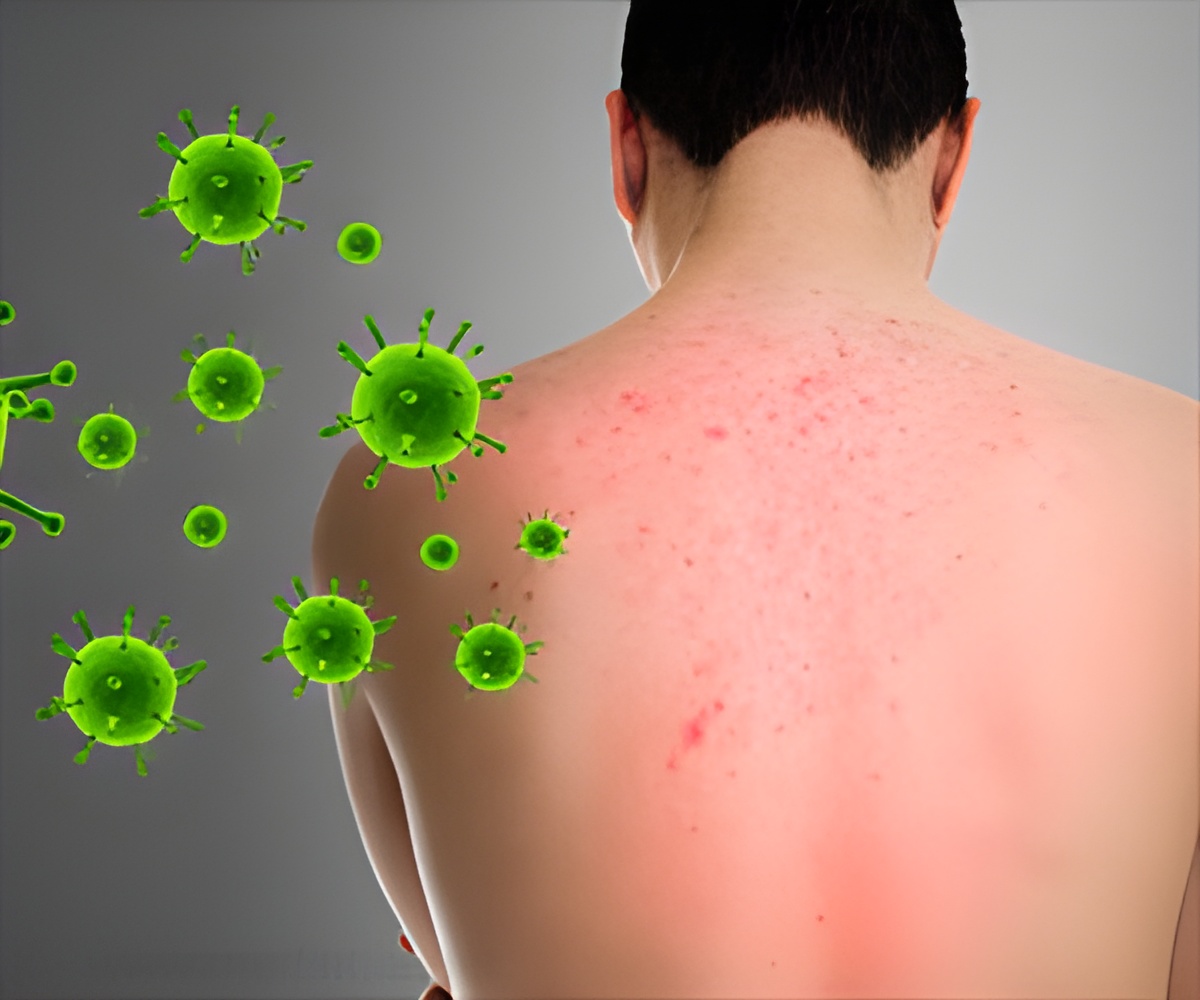Neutrophils and NETs are found to be involved in the cellular mechanisms of psoriasis, resulting in inflammation and lesions.

‘Neutrophils and NETs are found to be involved in the cellular mechanisms of psoriasis, resulting in inflammation and lesions. The finding allowed exploring the role of a drug – Cl-amidine in alleviating the disease.
’





Novel Immune Pathway of Psoriasis: Although the exact pathology is not clear, the mechanism was further explored by the study team. Role of neutrophils – a type of white blood cell was found to be involved in psoriasis.
The cells have pro-inflammatory effects as they burst open and release their contents at the site of infection, thereby forming “neutrophil extracellular traps” (NETs) – a web of proteins and genetic information from its nucleus and induce inflammation.
The activation of NETs in psoriasis is performed by a precursor signaling protein called IL-36 cytokines. The mutation in the Il36rn gene causes a deficiency of the IL-36 receptor antagonist (IL-36Ra) protein, thereby allowing the IL-36 to induce uncontrolled inflammation.
This results in the proliferation of epidermal cells and increased neutrophil count in psoriasis-like lesions in the mutant mice, in a condition known as DITRA.
Advertisement
The mutant mice also had higher neutrophil counts and NET concentrations than the wild type, and thus mRNA levels of target cytokines were also examined.
“By providing mechanistic insights into the involvement of neutrophils in psoriasis pathogenesis, our study provides new directions for developing novel promising therapeutic approaches, potentially revolutionizing the quality of life of thousands of people suffering from particularly severe forms of psoriasis”, says Dr. Soichiro Watanabe, Fujita Health University.
Source-Medindia















